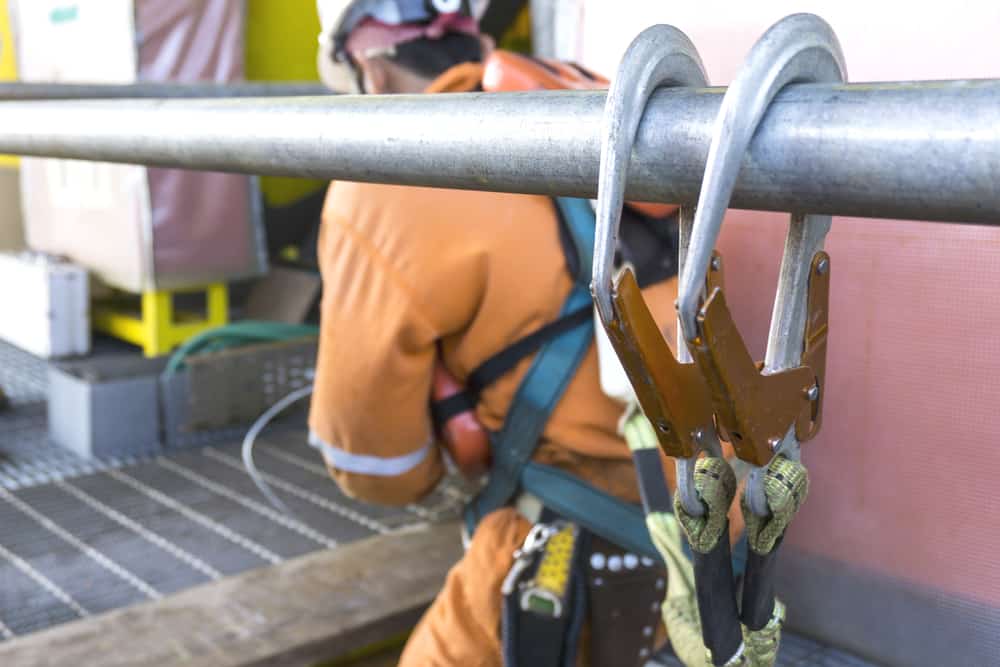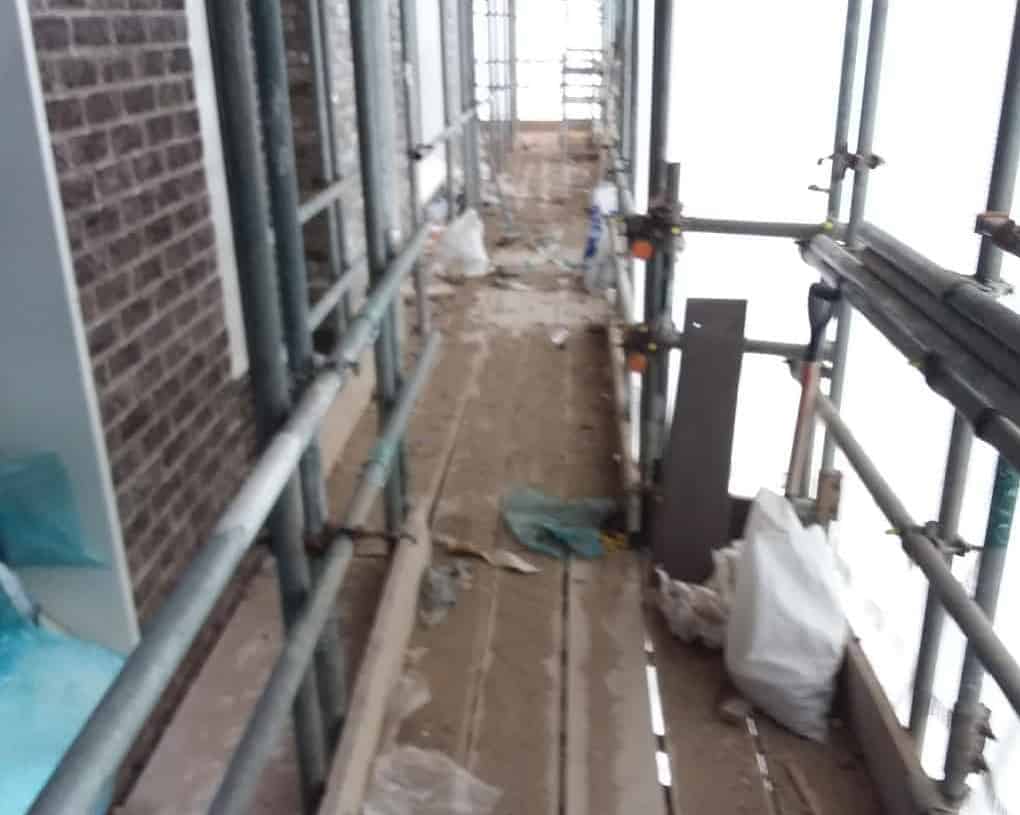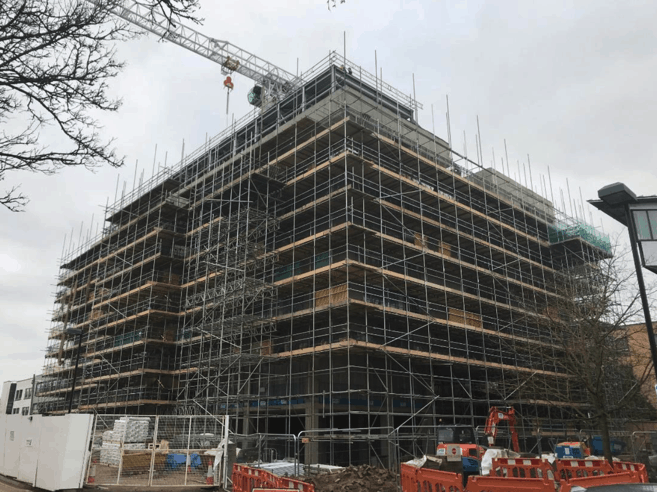The All-Party Parliamentary Group (APPG) on Working at Height has expressed concern at the latest statistics from the Health and Safety Executive, which show that fatal injuries in the workplace have risen in the last year.
The statistics show that a total of 147 workers were killed at work in Great Britain in 2018/2019, a rise of 6 fatalities from 2017/2018. 40 persons suffered a fatal injury as a result of a fall from height, making this the single biggest cause of workplace fatal injuries in Great Britain. This represents an increase from 2017/2018, when 35 workers died due to a fall from height.
These statistics come after the publication of the APPG’s first report in February this year, ‘Staying Alive: Preventing Serious Injury and Fatalities while Working at Height’. The report made several recommendations including the introduction of enhanced reporting, the appointment of an independent body and an equivalent system to Scotland’s Fatal Accident Inquiry process.
Speaking about the statistics, Chair of the APPG and MP for Glasgow Central, Alison Thewliss said:
“These statistics show that this issue is not going away. It is imperative that the Government takes forward the recommendations made in our report which have been devised with input from industry and key stakeholders.
We have already had a positive response from Government and the HSE but time is of the essence when it comes to safety in the workplace, and we need to ensure these actions are taken forward as quickly as possible.”
The Group is sponsored by the Access Industry Forum (AIF), a group of 11 trade associations and federations covering working at height. Commenting on behalf of the AIF, PASMA’s Managing Director, Peter Bennett OBE said:
“Whilst we welcome that the UK continues to consistently have one of the lowest rates of fatal injury across the EU, the figures released today are still too high. There should be absolutely no question or doubt over workers’ ability to return home safely to their families every evening.
We know that data collected does not accurately represent the true scale of ‘near misses’ in the workplace which is why we are calling for enhanced reporting methods, and an independent body who would confidentially collect data to inform industry and Government.”


